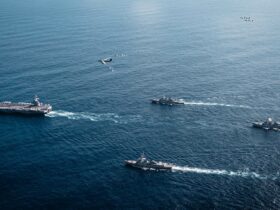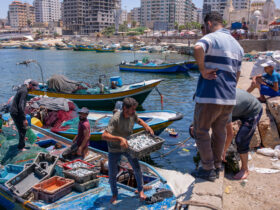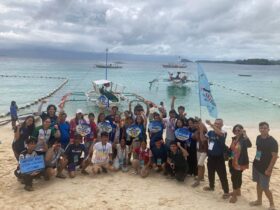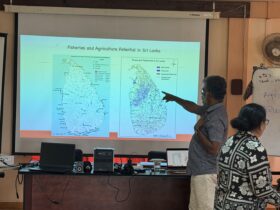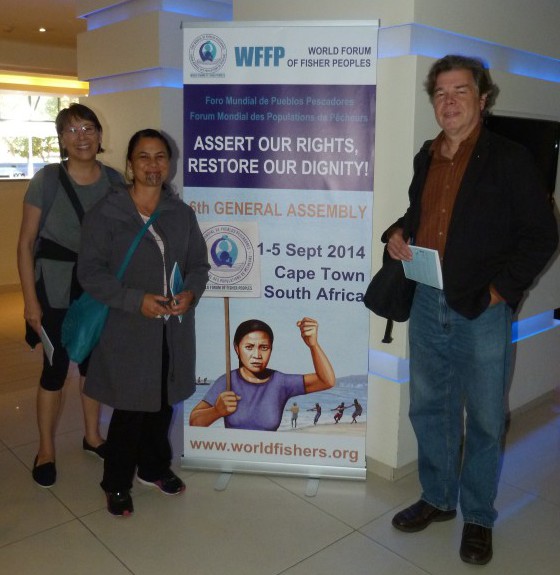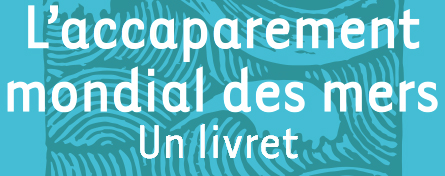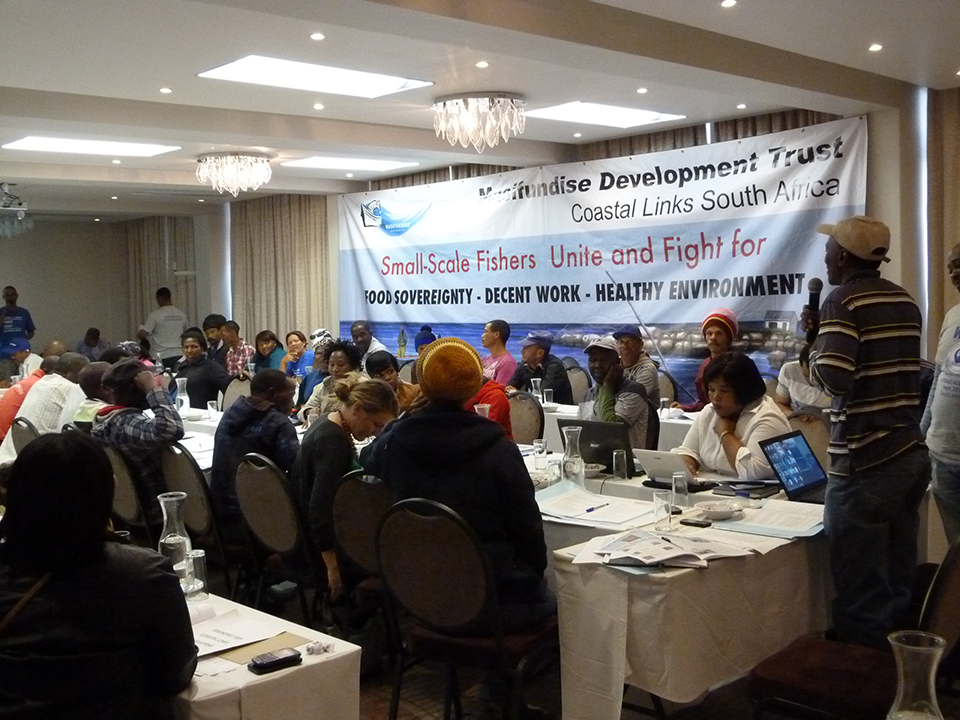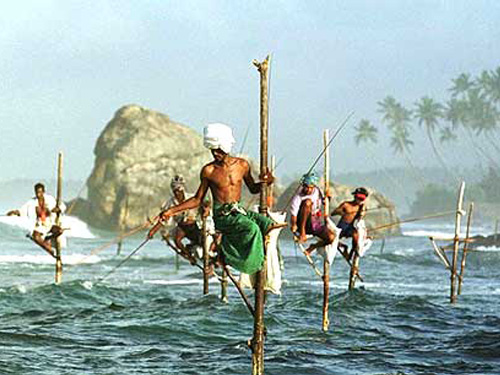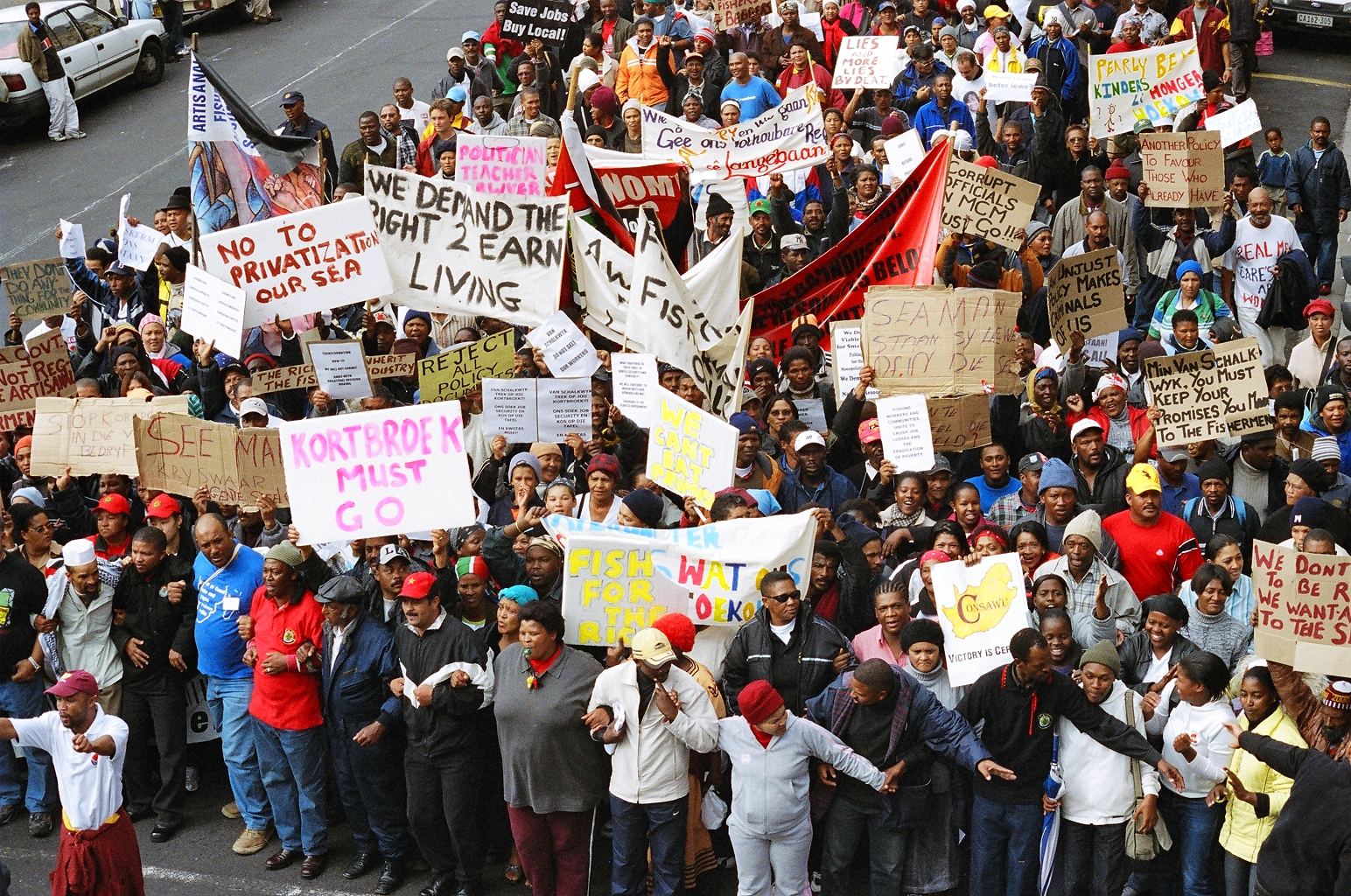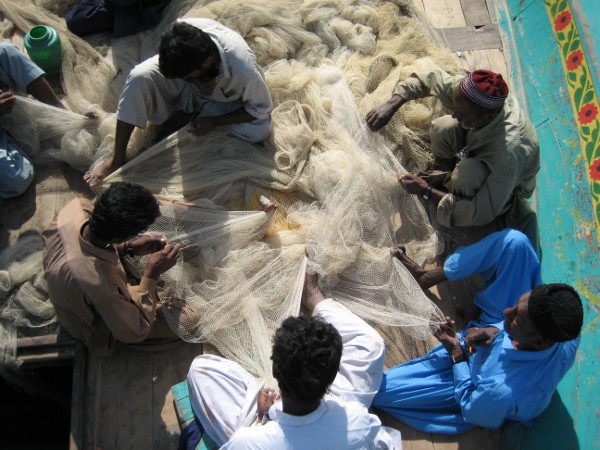Un nouveau rapport, l’Accaparement des mers, vient d’être publié par Transnational Institute, Masifundise et Afrika Kontakt en collaboration avec le WFFP (the Forum Mondial des Peuples de Pêcheurs). Il dévoile la face cachée de la pêche et des pêcheurs. Une histoire complexe mêlant durabilité, alimentation, modèles de développement, cultures et politique, où les droits des communautés côtières sont systématiquement bafoués ...
Coastal Links – South Africa is gearing up for the WFFP General Assembly to be held in Cape Town on 1-5 September. One of the critical issues Coastal Links will add to the agenda is access rights. According to the fisher people from all four Coastal Provinces, the most important challenge remains access to resources, both in the sphere of ...
In the wake of the 2004 tsunami, which also destroyed the coastlines of the Kalpitiya peninsula and its surrounding islands in Sri Lanka, a handful of decision makers and investors took advantage of the ‘state of shock’ to push through market-driven reforms and tourism development plans under the rubric of the Task Force for Rebuilding the Nation (TAFREN). While fishing ...
Honduras’ pristine marine waters are under multiple threats from transnational corporations and investors, as well as powerful politicians. Since the 1970s, 70,000 hectares equivalent to half of Gulf of Fonseca’s mangrove forests have gone from community ownership to private concessions. North and South American or European corporations have taken native populations’ rights to access resources away, mainly for tourism and ...
“UPHOLD our human and fishing rights as fisherfolk of the world, protect our livelihoods, pursue social justice for fishing communities, preserve and promote the culture of fishing communities worldwide, affirm water as the source of all life and commit ourselves to sustain fisheries and all aquatic resources for present and future generations of the world”. With these words, fisherfolk from ...
Small-scale fishers worldwide will benefit significantly when international guidelines governing the sector are finally adopted. The Voluntary Guidelines for Securing Sustainable Small-Scale Fisheries in the Context of Food Security and Poverty Eradication (The Voluntary Guidelines) was approved at an international forum in Rome in July. According to Naseegh Jaffer, National Director of Masifundise and Co-ordinator of the WFFP, the Voluntary ...
In an address to the United Nations General Assembly in 2012, the UN Special Rapporteur on the Right to Food, Olivier De Schutter, spoke about the major threat “Ocean Grabbing” poses to small-scale fishers. For the first time, the UN used a term which progressive movements had used for years. But little has been done to unpack its meaning, ...
Conflicts over fish and other resources between the Mi’kmaq (Indigenous people) and colonial powers have a 400 year-long history in Nova Scotia, Canada. The Mi’kmaq Treaties – the solemn agreements of 1760/61 between colonisers and Mi’kmaq that set out long-standing promises, mutual obligations and benefits is one of several treaties acknowledging the rights of the L’stkuk community, known as Bear ...
When the federal government of India first brought in the Coastal Regulation Zone (CRZ) in 1991, it was designed to protect the first 500 meters of India’s coastline and ensure preferential access rights for fishers. However, up until 2005 the act had been amended a total of 22 times in favour of industries and hoteliers, leading to a loss of ...

